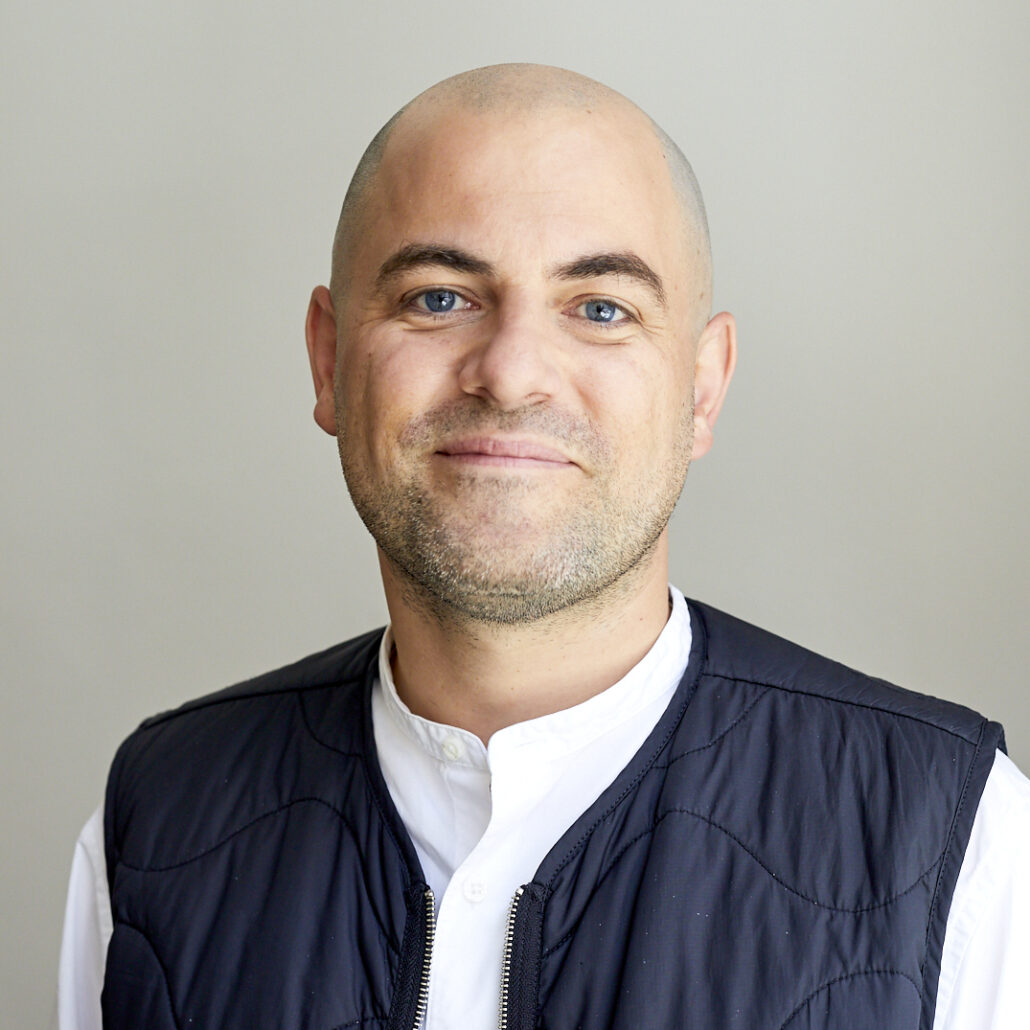About us
Young people are behind some of the world’s most disruptive and inclusive social innovations and movements. They are creating much-needed in their communities. But: They struggle! They are often sacrificing their personal finances and well-being to dedicate their lives to impact and need support on many dimensions.
The system often works against them!
We believe it’s time to improve the conditions for ‘change-making’ and to tackle this challenge at the ecosystemic level! We can only do that collaboratively. Which is why in 2021 a group of global youth social innovation networks came together to create The Possibilists Alliance.
What we do
Recommendations
In order to improve the lives of changemakers, strengthen their ventures and further develop the change-making ecosystem, we urge the following:
Our team
Our partners
Newsletter
Sign up to the ChangemakerXchange Newsletter:
We would love to keep in touch and occasionally share news with you from ChangemakerXchange, The Possibilists and the world of youth driven social and environmental change.







